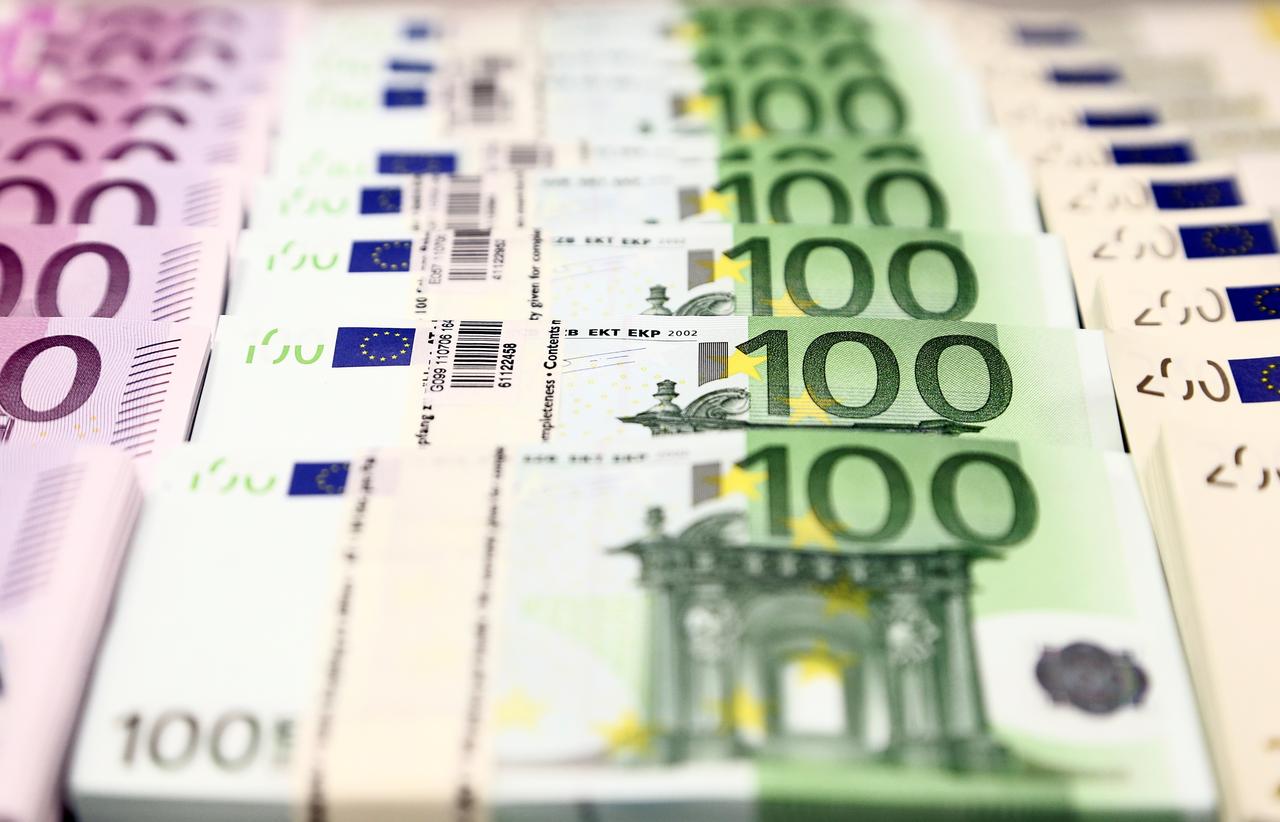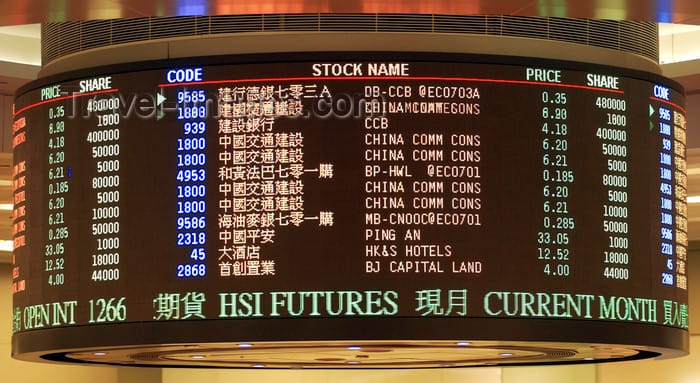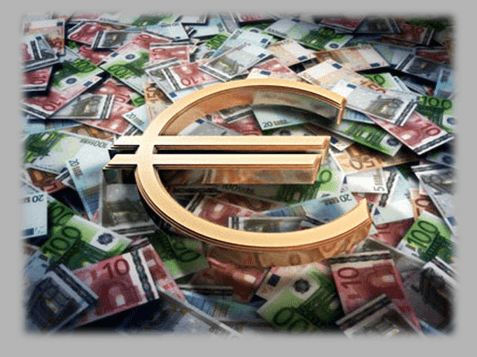
· Euro remains unchallenged as second most used currency globally after the US dollar
· Role of euro stable as global reserve currency
· International role declined after the global financial crisis, now bottomed out
· Euro used as main currency of denomination globally for green bond issuance
The euro’s international role remained overall stable in 2019. This was one of the principal findings in the latest annual report on The international role of the euro, published recently by the European Central Bank (ECB).
Adjusting for exchange rate valuation effects, the share of the euro in outstanding international loans was 1 percentage point higher at the end of 2019 than at the end of 2018, at 15.4%. The share of the euro in outstanding international debt securities declined. The share of the euro in global foreign exchange reserves and in outstanding international deposits remained broadly stable, as did the share of the euro as an invoicing currency for extra-euro area transactions in goods and the stock of euro banknotes circulating outside the euro area.
Since its introduction 20 years ago, the euro has remained unchallenged as second most used currency globally after the US dollar, but its usage declined after the global financial crisis, bottoming out in 2016. The international role of the euro is primarily supported by a deeper and more complete Economic and Monetary Union (EMU), including advancing the capital markets union, in the context of the pursuit of sound economic policies in the euro area.
“The recent COVID-19 pandemic underlines the urgency of these policies and reform efforts, which are paramount to raising the attractiveness of the euro globally”, said ECB President Christine Lagarde.
The report also contains a box on the role of the euro in global green bond markets, with the euro being the main currency of denomination for the issuance of green bonds in 2019. “The swift implementation of an EU taxonomy of sustainable economic activities would provide a credible and standardised framework, ensure greater investor confidence and could thereby also contribute to strengthening the international role of the euro”, said Fabio Panetta, member of the ECB’s Executive Board.
Note By Christine Lagarge, President of the ECB
This report covers developments in 2019. This period was characterised by persistent international trade and geopolitical tensions, weak global economic activity, rising debt issuance by corporate and emerging market borrowers in global capital markets and a shift towards increased monetary policy accommodation in major economies. On balance, these developments resulted in a stabilisation in the international role of the euro. On the one hand, the euro’s share in outstanding international loans increased significantly. On the other hand, the share of the euro in outstanding international debt securities declined, albeit international debt issuance in euro continued to increase in volume. The share of the euro in global foreign exchange reserves and in outstanding international deposits remained broadly stable, as did the share of the euro as an invoicing currency for extra-euro area transactions in goods and the stock of euro banknotes circulating outside the euro area.
An interesting development, highlighted in Box 1 of this report, relates to the significant role of the euro in global green bond markets, with the euro being the main currency of denomination for the issuance of green bonds in 2019.
The international role of the euro is primarily supported by a deeper and more complete EMU, including advancing the capital markets union, in the context of the pursuit of sound economic policies in the euro area. The Eurosystem supports these policies and emphasises the need for further efforts to complete EMU. The recent COVID‑19 pandemic underlines the urgency of these policies and reform efforts, which are paramount to raising the attractiveness of the euro globally. The ECB has taken immediate and exceptional measures in response to the pandemic to address possible market dysfunction and euro liquidity needs in the euro area and globally, so as to mitigate risks to the smooth transmission of its monetary policy in line with its mandate. In doing so, these measures should in turn also serve to safeguard the attractiveness of the euro globally.
The ECB will continue to monitor developments in and publish information on the international role of the euro on a regular basis.
Tradersdna is a leading digital and social media platform for traders and investors. Tradersdna offers premiere resources for trading and investing education, digital resources for personal finance, market analysis and free trading guides. More about TradersDNA Features: What Does It Take to Become an Aggressive Trader? | Everything You Need to Know About White Label Trading Software | Advantages of Automated Forex Trading











































